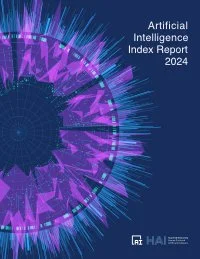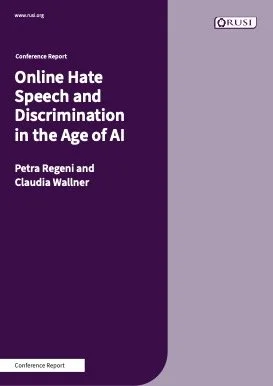By United States. Cybersecurity & Infrastructure Security Agency
From the document: "As noted in the landmark Executive Order 14110, 'Safe, Secure, And Trustworthy Development and Use of Artificial Intelligence (AI),' [hyperlink] signed by the President on October 30, 2023, 'AI must be safe and secure.' As the nation's cyber defense agency and the national coordinator for critical infrastructure security and resilience, CISA [Cybersecurity & Infrastructure Security Agency] will play a key role in addressing and managing risks at the nexus of AI, cybersecurity, and critical infrastructure. This '2023-2024 CISA Roadmap for Artificial Intelligence' serves as a guide for CISA's AI-related efforts, ensuring both internal coherence as well as alignment with the whole-of-government AI strategy. [...] The security challenges associated with AI parallel cybersecurity challenges associated with previous generations of software that manufacturers did not build to be secure by design, putting the burden of security on the customer. Although AI software systems might differ from traditional forms of software, fundamental security practices still apply. Thus, CISA's AI roadmap builds on the agency's cybersecurity and risk management programs. Critically, manufacturers of AI systems must follow secure by design [hyperlink] principles: taking ownership of security outcomes for customers, leading product development with radical transparency and accountability, and making secure by design a top business priority. As the use of AI grows and becomes increasingly incorporated into critical systems, security must be a core requirement and integral to AI system development from the outset and throughout its lifecycle."
United States. Cybersecurity & Infrastructure Security Agency. Nov, 2023. 21p.

















